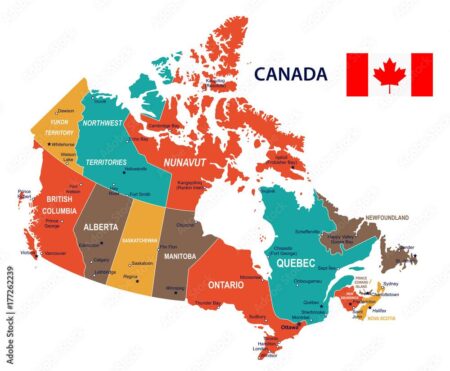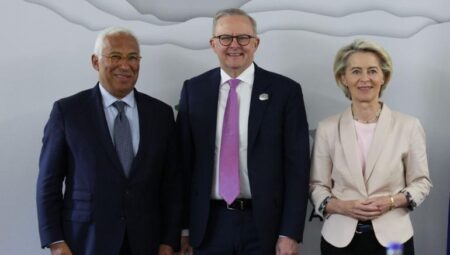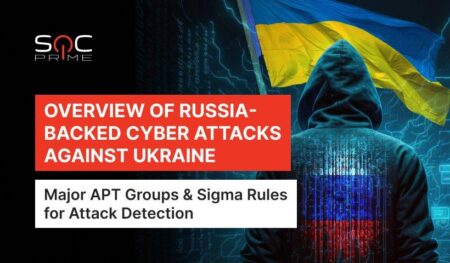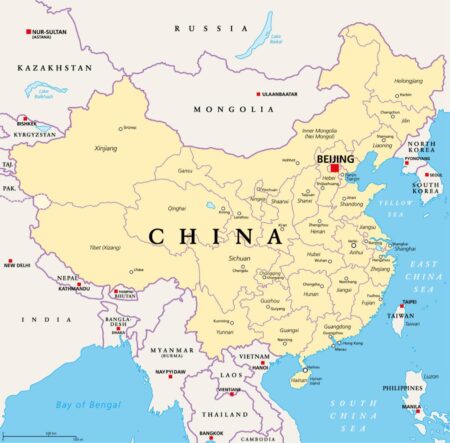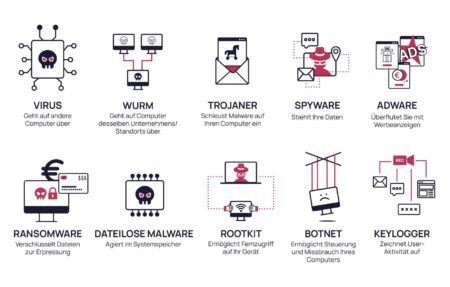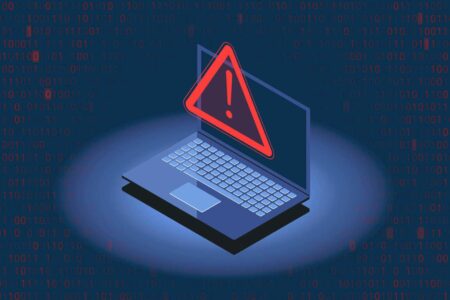A man suspected of orchestrating Canada’s largest grandparent scam network was recently arrested in Quebec, authorities announced. This vast fraud operation targeted seniors nationwide, draining millions through cunning phone scams and financial deception
Browsing: cybersecurity
The US has officially demanded the extradition of a suspected hacker detained in France, accusing them of orchestrating major cyberattacks targeting vital American infrastructure, Reuters reports. French authorities are now carefully reviewing the request
Canada has revealed that network devices were compromised in a cyberattack linked to China, Bloomberg reports. This alarming breach highlights the escalating cybersecurity threats and the ongoing danger of foreign interference targeting critical infrastructure
China’s spy agencies are making a bold leap forward, dramatically increasing their investments in artificial intelligence to transform intelligence gathering and supercharge their cyber capabilities, researchers revealed to The New York Times
Italy’s defense powerhouse Leonardo has made a bold leap forward by acquiring a top European cybersecurity firm, Reuters reports. This game-changing move is poised to turbocharge Leonardo’s digital security capabilities, tackling the rising wave of cyber threats sweeping across Europe
At the G7 summit, the EU and Australia have launched dynamic defence talks aimed at supercharging security cooperation amid rising global tensions. These discussions focus on combating cyber threats, deepening military collaboration, and building stronger strategic alliances
US lawmakers are raising urgent concerns about the UK’s aggressive stance on Apple’s encryption, warning that this move could put user privacy and overall tech security at serious risk. This intense debate highlights the growing clash between safeguarding digital privacy and granting law enforcement greater access
VPN signups in France have soared following Pornhub’s exit from the market. Users are scrambling to bypass restrictions and access content, highlighting a surge in demand for online privacy tools
OpenAI has uncovered that a significant portion of recent ChatGPT misuse likely originates from China, according to data trends and usage patterns. The company is staying alert and committed to confronting these challenges head-on
Coinbase has been linked to a major customer data leak in India, sources told Reuters. This breach reportedly exposed sensitive user information, raising urgent questions about the security of the cryptocurrency platform. Investigations are now actively underway
In a shocking turn of events, Dutch authorities have revealed that a Russia-backed hacking group has successfully infiltrated the networks of both police and NATO. This alarming breach has sent shockwaves through national security circles, raising serious concerns about the safety of sensitive information. As the investigation unfolds, officials are diligently working to assess the full impact of this cyber intrusion.
Authorities in Spain are sounding the alarm about a troubling rise in social security scams that are preying on unsuspecting residents. These cunning scammers masquerade as officials, demanding personal information and payments to fix non-existent problems. Citizens are strongly encouraged to stay alert and double-check any communications that seem suspicious.
A Chinese company has introduced a revolutionary quantum cryptography system, proudly branded as “unhackable.” This cutting-edge technology is set to transform data security and privacy, harnessing the extraordinary principles of quantum mechanics to safeguard sensitive information from ever-evolving cyber threats
France is gearing up to unleash combat robots by 2027, marking a bold step towards creating a fully operational robot army by 2040. This visionary initiative seeks to supercharge military capabilities and seamlessly weave cutting-edge technology into defense operations.
Despite U.S. sanctions designed to limit China’s access to cutting-edge semiconductor technology, new reports reveal that the nation is still managing to acquire Nvidia equipment through intricate supply chains and third-party intermediaries. This development has sparked significant concerns about the potential for technology proliferation
France has unveiled alarming evidence that Russia is deeply involved in a series of disinformation campaigns designed to destabilize Ukraine and its allies. These revelations highlight a troubling strategy to manipulate public opinion and create division during this critical time of conflict.
Google has uncovered a new strain of malware associated with a notorious Russian hacking group, raising alarms about the ever-evolving landscape of cybersecurity threats. This revelation highlights the persistent challenges we face in countering state-sponsored cyber activities that aim to infiltrate and disrupt global networks.
France has leveled serious accusations against Russian intelligence agencies, claiming they have orchestrated a wave of cyber attacks since 2021. These assaults have specifically targeted vital infrastructure and key governmental institutions. This revelation underscores the escalating tensions between France and Russia in the ever-evolving digital landscape.
The UK’s National Cyber Security Centre (NCSC) has sounded the alarm for retailers amid a troubling rise in cyberattacks. These incidents not only disrupt operations but also erode consumer trust, highlighting an urgent call for stronger security measures throughout the industry.
In a concerning turn of events, a second Italian journalist has allegedly become a target of ‘mercenary spyware’, sparking serious worries about press freedom and the pervasive nature of surveillance. This alarming incident underscores the escalating dangers that media professionals encounter in our ever-evolving digital landscape.



